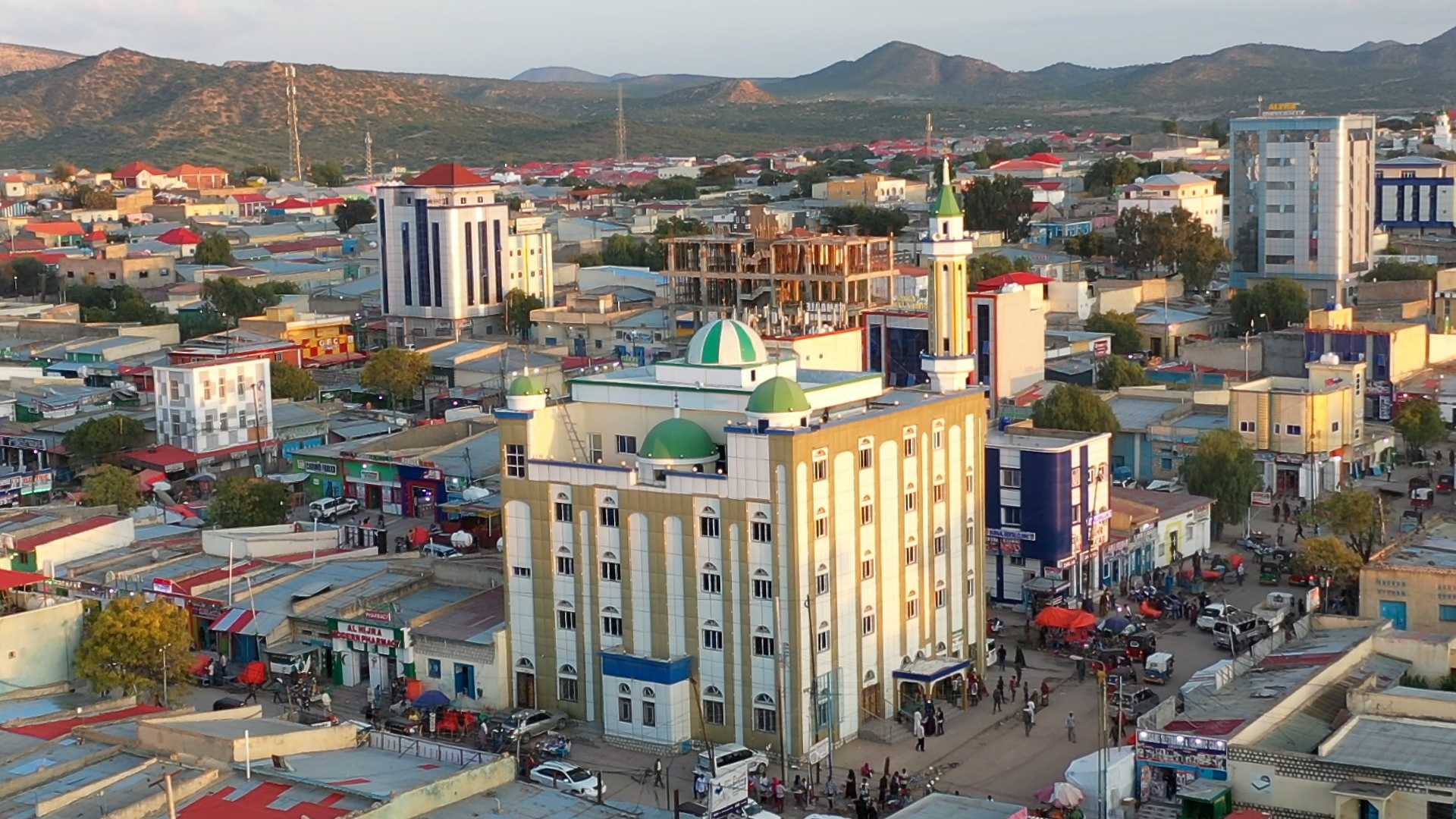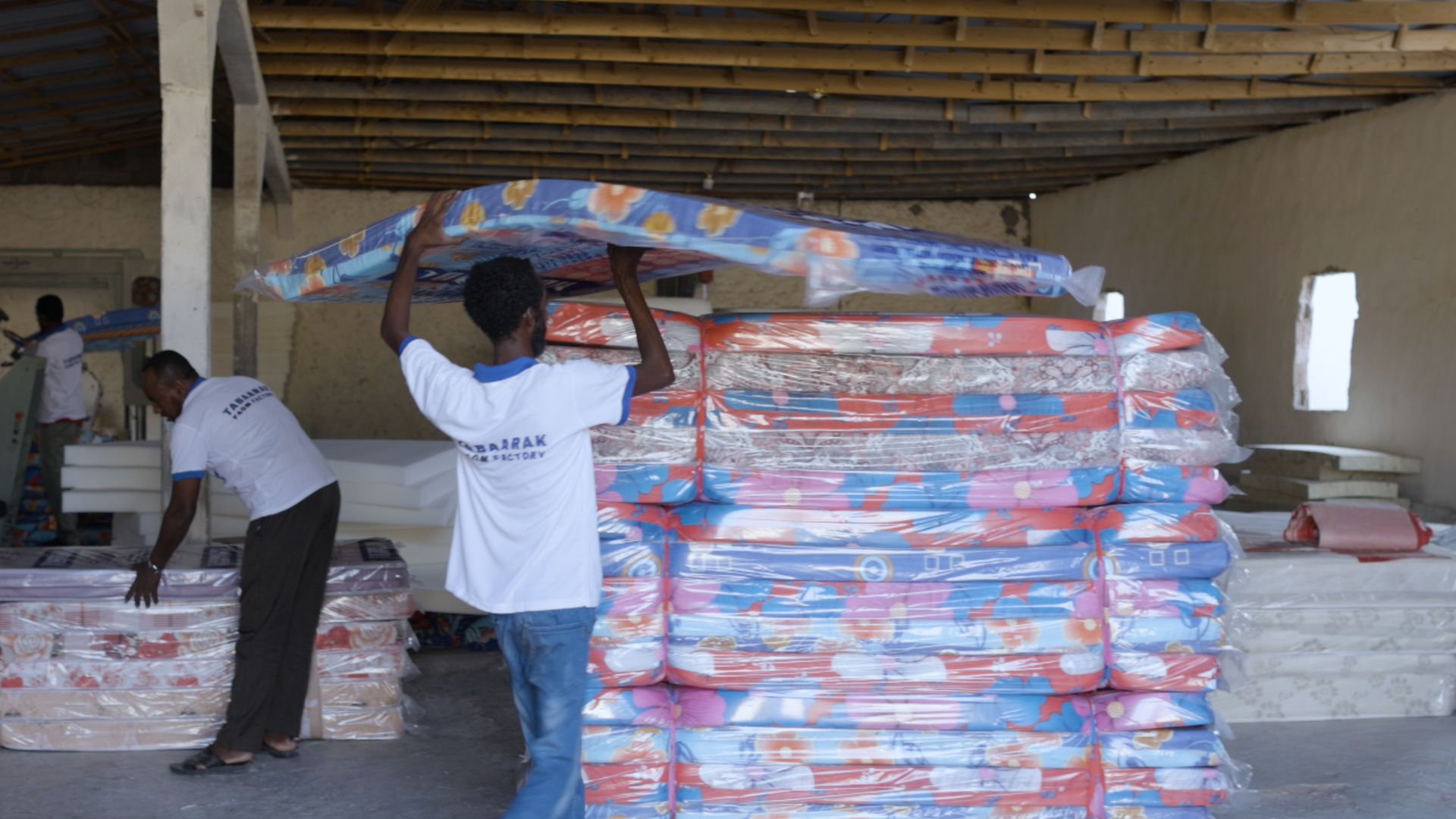When Ahmed Warsame Kaari and a small group of colleagues founded Ijaabo Water Company in 2012, Mogadishu was emerging from years of conflict, a city rebuilding its heartbeat. Amidst the reconstruction, one vital necessity remained painfully scarce: clean and safe water. Contaminated wells and unreliable supplies had left communities exposed to disease and hardship. Ahmed and his team saw a clear mission before them, which was to bring clean, affordable water to every home and business in their city.
From a Small Cooperative to a Citywide Network
Early on, Ijaabo operated with little more than determination. The founders pooled their savings to buy purification equipment and a single truck. But as demand surged, their challenges grew just as fast. Without their own freshwater wells or proper filtration systems, they were forced to purchase untreated water from external suppliers, often of poor quality.
Everything changed when Shuraako Capital stepped in.
In 2018, Ijaabo received its first round of financing from Shuraako under the Nordic Horn of Africa Opportunities Fund (NHAOF). The investment helped the company install a 26.5KW solar energy system, drastically reducing its energy consumption and dependency on costly diesel fuel. With lower operating costs and reliable power, production became consistent and efficient.
After successfully repaying the first loan, Ijaabo qualified for a second round of financing worth $197,766, which funded the construction of a three-story office building, new freshwater boreholes, and additional solar systems. The investment set the stage for an extraordinary growth.
Clean Energy Impact
According to Ahmed Warsame, “After receiving Shuraako’s support, our operations improved by nearly 80%. Before, our wells produced salty water that damaged filters and slowed production. The new boreholes gave us clean water, higher output, and fewer breakdowns.”
The introduction of solar energy revolutionized their work. Today, 90% of Ijaabo’s operations are powered by solar energy, reducing fuel costs and ensuring uninterrupted water supply even in remote neighborhoods. The company’s solar-powered system operates from 8 a.m. to 5 p.m., pumping and storing enough water during the day to meet evening demand without relying heavily on electricity.
Driving Job Creation and Economic Growth
With the growth in operations came new opportunities for employment. Before the Shuraako partnership, Ijaabo employed about 70–80 staff members. Now, the company’s workforce exceeds 150 employees, marking a 60% increase in staffing. These jobs span administration, technical maintenance, logistics, and field operations, contributing to livelihoods in Mogadishu’s recovering economy.
Finance Director Abshir Hassan Mohamed says, “Our market share has grown from a small percentage to nearly 70%, and our production capacity increased by 70%. We’ve expanded our delivery fleet from five trucks to eleven, enabling us to reach more neighborhoods and commercial clients across the city.”
A Ripple Effect of Progress
Beyond its business success, Ijaabo’s impact extends deep into the community. By improving access to clean water, the company has reduced health risks, supported small businesses, and strengthened public trust in local enterprise. The integration of renewable energy has also become a model for sustainable business practices in South and Central Somalia, proving that sustainability and economic growth can go hand in hand.
Today, Ijaabo Water stands as one of Mogadishu’s most trusted water suppliers, a symbol of how strategic financing and local innovation can transform a small cooperative into a modern, solar-powered enterprise.
They started with one truck and one machine, and today they operate eleven trucks and employ over 150 people. That’s business growth and community development.



